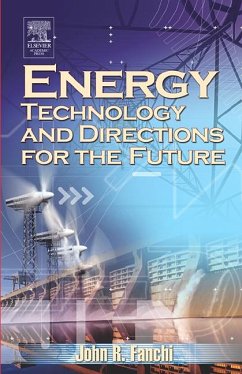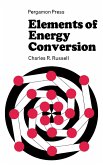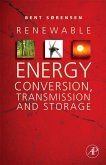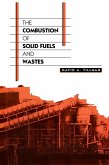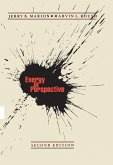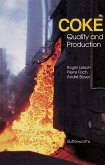The technical level of presentation presumes that readers have completed college level physics with calculus and mathematics through calculus of several variables. The selection of topics is designed to provide the reader with an introduction to the language, concepts and techniques used in all major energy components that are expected to contribute to the 21st century energy mix. Future energy professionals will need to understand the origin and interactions of these energy components to thrive in an energy industry that is evolving from an industry dominated by fossil fuels to an industry working with many energy sources.
- Presents the fundamentals of energy production for engineers, scientists, engineering professors, students, and anyone in the field who needs a technical discussion of energy topics.
- Provides engineers with a valuable expanded knowledge base using the U.S. National Academy of Sciences content standards.
- Examines the energy options for the twenty-first century as older energy sources quickly become depleted.
Dieser Download kann aus rechtlichen Gründen nur mit Rechnungsadresse in A, B, BG, CY, CZ, D, DK, EW, E, FIN, F, GR, HR, H, IRL, I, LT, L, LR, M, NL, PL, P, R, S, SLO, SK ausgeliefert werden.

